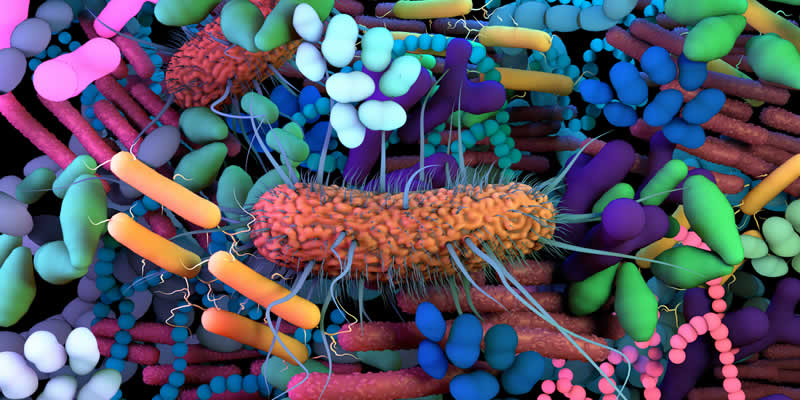More than 140,000 viral species living in the human gut have been discovered, many for the very first time, by researchers.
A study, which involved more than 28,000 gut microbiome samples from around the world, has been published with researchers saying the number and diversity of the viruses they found were surprisingly high.
- Body microbiota combined with obesity and diabetes increases COVID-19 severity
- Study shows nearly 90% of people are asymptomatic with COVID-19
Very little is known about the role of the gut’s bacteria, although previous research has identified that any gut imbalances in the microbiome can lead to diseases and complex conditions such as Inflammatory Bowel Disease.
The trial involved researchers using a DNA-sequencing method called metagenomics to explore and catalogue all the viral species they found.
Dr Alexandre Almeida, Postdoctoral Fellow at the European Bioinformatics Institute (EMBL-EBI) and the Wellcome Sanger Institute, said: “It’s important to remember that not all viruses are harmful, but represent an integral component of the gut ecosystem. For one thing, most of the viruses we found have DNA as their genetic material, which is different from the pathogens most people know, such as SARS-CoV-2 or Zika, which are RNA viruses.
“Secondly, these samples came mainly from healthy individuals who didn’t share any specific diseases. It’s fascinating to see how many unknown species live in our gut, and to try and unravel the link between them and human health.”
Dr Luis Camarillo-Guerrero, from the Wellcome Sanger Institute, added: “An important aspect of our work was to ensure that the reconstructed viral genomes were of the highest quality.
- Study shows COVID-19 antibodies last for six months
- Metformin found to reduce risk of dying from COVID-19
- Guide to fruit and blood glucose levels
“A stringent quality control pipeline coupled with a machine learning approach enabled us to mitigate contamination and obtain highly complete viral genomes. High-quality viral genomes pave the way to better understand what role viruses play in our gut microbiome, including the discovery of new treatments such as antimicrobials from bacteriophage origin.”
The findings have been published in the Cell journal.





